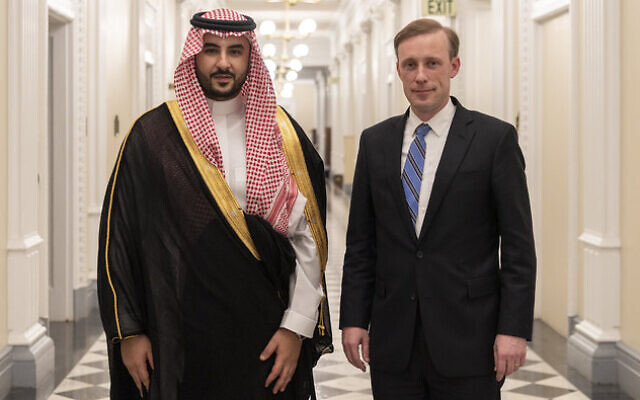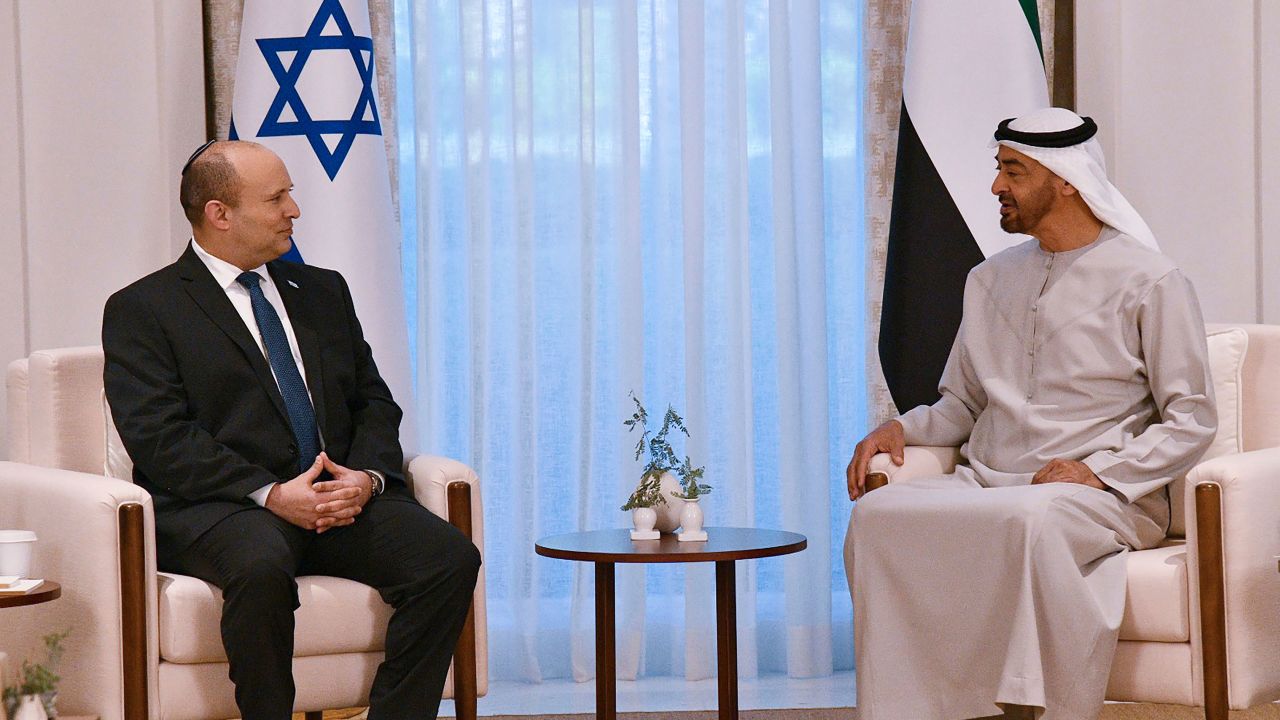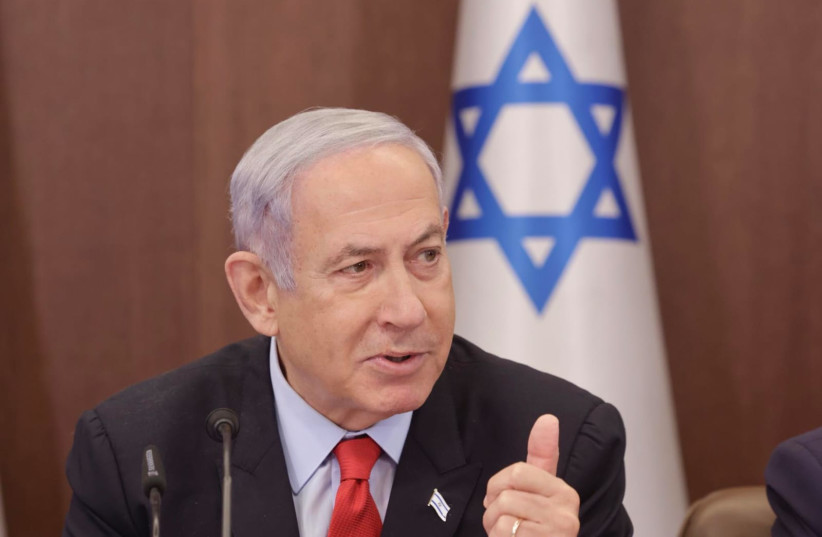The US role in Saudi-Israeli diplomatic normalization Weighing the bid deal in the Middle East
On July 27, 2023, US National Security Advisor Jake Sullivan travelled to Saudi Arabia for talks with Crown Prince Mohammed bin Salman. Sullivan's trip aims to continue the talks over a possible deal on upgrading US-Saudi relations, including a normalization agreement between Saudi Arabia and Israel. Normalization between Saudi Arabia and Israel is a priority for Joe Biden's administration ahead of the upcoming presidential elections.
According to US press reports, one of the topics on the table was the prospect of a US-brokered Saudi-Israeli normalization deal, even though Riyadh did not confirm the reports. Sullivan’s trip to Riyadh was indeed a major event for both sides, as the historical partnership between Riyadh and Washington was recently strained by oil and mutual distrust. More than seven decades ago, the US and Saudi Arabia established a close alliance despite differences in human rights and the Arab-Israeli conflict. It was based on an exchange: The US gave security guarantees to Saudi rulers, and they promised access to the kingdom's vast oil reserves.
However, Sullivan’s trip to Riyadh is not necessarily Washington's desire for normalization between Saudi Arabia and Israel or Riyadh's hopes to save the dream of a two-state solution. Washington may need to pay a very high price for this: Riyadh is seeking a NATO-like mutual security treaty that would obligate the US to come to its defence if it's attacked, an explicit agreement for a civilian nuclear program monitored and backed by the US; and the ability to purchase more advanced weaponry from Washington such as the Terminal High Altitude Area Defense (THAAD) antiballistic missile defence system, which could be used to combat Iran's increasing missile arsenal.

Although the US is negotiating the possibility of such an agreement with the Saudi authorities, the Biden administration is keen on pushing for Saudi-Israeli normalization ties as a part of the Abraham Accords initiated and signed in 2018 by former President Donald Trump. Moreover, the new security pact and normalization with Israel would come at the cost of Saudi's close partnership with Russia and China, the main antagonists of the Western countries.
Nevertheless, considering the current geopolitical realities in the Gulf region and Riyadh’s recent thaw with Iran under the watch of China, it is unlikely that Saudi Arabia will accept the US terms for diplomatic normalization with Israel. The Biden administration is now pressing ahead with Israel-Saudi normalization, which, if successful, would re-set the strategic landscape in the Middle East. A Saudi-Israel peace deal has logic and urgency, given the possible collapse of the Palestinian Authority, the prospects of another Palestinian uprising, and especially the need for an even more robust deterrent posture relative to Iran. In the US, Joe Biden apprehends that the negotiations for Israel-Saudi normalization will be tough and challenging, as Riyadh maintains the upper hand in negotiations.
Perhaps more than any other single initiative, Israel-Saudi normalization could provide both a lifeline for a two-state solution and an enhanced deterrent posture toward Iran, in addition to the potential for trade and investment. Also, the potential peace between Israel and Saudi Arabia, the custodian of Islam’s two holiest cities, Mecca and Medina, would open the way for peace between Israel and the whole Muslim world, including giant countries like Indonesia and maybe even Pakistan.
On the other hand, the Biden administration would exert additional pressure on Israel to make meaningful concessions to Palestinians in order to persuade other Muslim states for diplomatic normalization with Tel Aviv. However, this task also seemed unrealistic given the current state of personal relations between President Joe Biden and Israel’s ultranationalist government led by Benjamin Netanyahu. While Netanyahu's firm stance on the Palestinian issue fills the discontent in the Muslim world, his efforts to introduce a reform bill caused long-term chaos within the state of Israel.
Unlike the US government, the Israeli ultranationalist government actively promotes the necessity of annexing the West Bank and its Palestinian inhabitants and avoiding diplomatic normalization with Saudi Arabia, citing mutual distrust with Riyadh. In this vein, Saudi-Israeli normalization must be based on a positive precedent, as in the case of the UAE-Israeli normalization in 2020 after assuring that Netanyahu would not annex parts of the West Bank.

The US is confident that Saudi-Israel rapprochement would also boost Washington’s regional deterrent posture against Iran amid its efforts to acquire the nuclear weapon despite the ongoing negotiations with the West. For that purpose, the Biden administration will have to put on the table a deal hugely in America's strategic interest, particularly in Israel's strategic interest, and hugely in Saudi Arabia's strategy and revive Palestinian hopes for a two-state solution.









